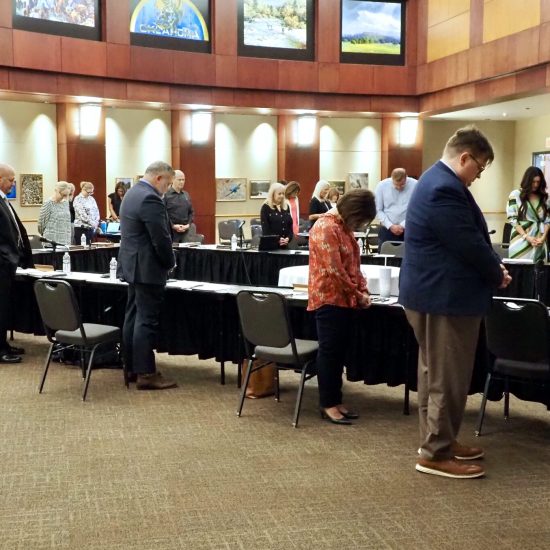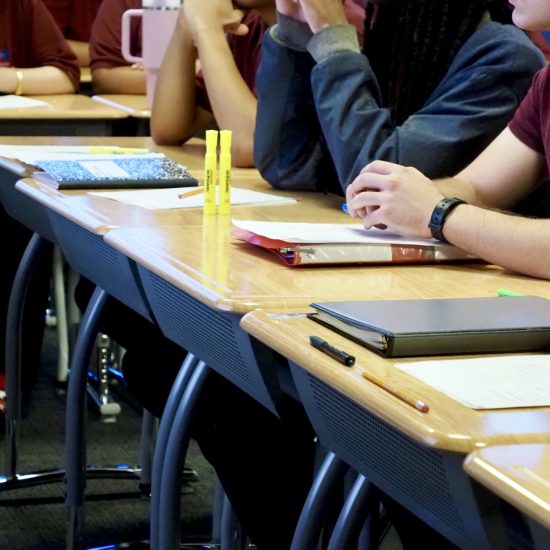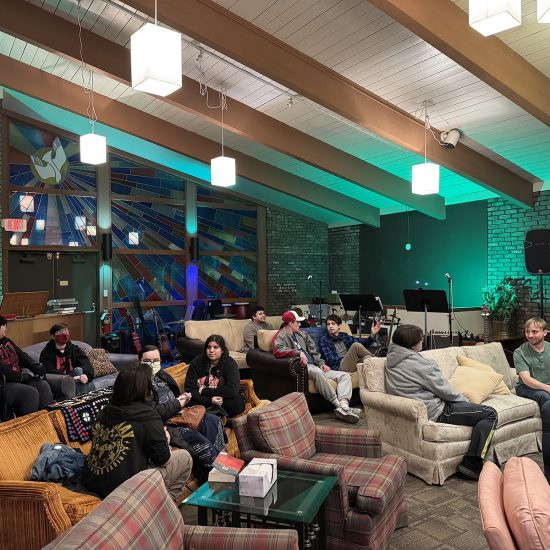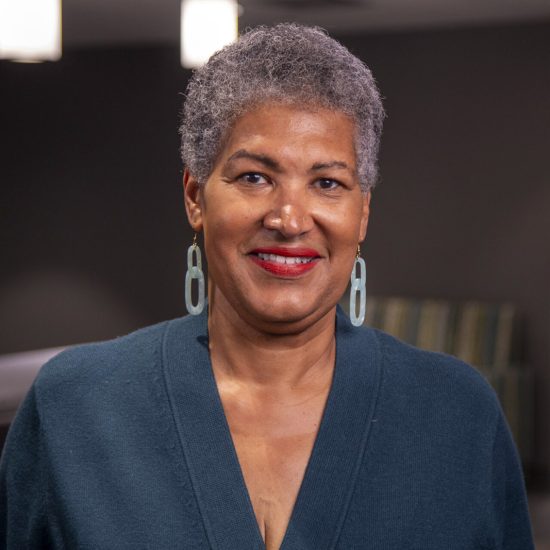By Bill Webb
Word&Way Editor
A resolution that decries public schools as "godless" and "anti-Christian," and calls for Southern Baptists to yank their children out of them is receiving a good bit of attention. Publicly, most of the attention has been critical.
The resolution is being proposed to the SBC Resolutions Committee, which will determine if and in what form the resolution will, in turn, be presented to messengers to the SBC annual meeting June 15-16 in Indianapolis. If it comes to the floor, messengers will be asked to vote it up or down.
The blanket indictment of public schools by the resolution's authors, T.C. Pinckney of Virginia and Bruce Shortt of Texas, is garnering criticism from Christian public school educators past and present. It also is prompting resolutions affirming public schools, at least one of which also is being sent to the Resolutions Committee.
The counter resolution by Tennessee pastor Jim West calls for Southern Baptists to "affirm American public education and encourage its members to participate actively in the life of society so that they may indeed perform the dual functions of salt and light."
The Pinckney-Shortt resolution offers harsh rhetoric: "Just as it would be foolish for the warrior to give his arrows to his enemies, it is foolish for Christians to give their children to be trained in schools run by enemies of God." The vast majority of school superintendents, school board members and school administrators would likely take issue with being called enemies of God. And rightly so.
For Pinckney and Shortt, the best options for Christian parents and their children are either Christian schools or home schooling. Many Christian parents would agree.
There is no question that there are public schools where children do not feel safe or secure, or where they do not receive a good education. In such places, students may not learn respect for others. Their views as Christians may not be respected; their rights as Christians may be violated. But that is far from universal.
There are Christian schools whose philosophy of education revolves around indoctrination, or where children are intimidated into making professions of faith in Christ. There are home schooling situations in which the teacher-parents have neither the discipline nor the ability to provide adequate educations for their children. Obviously, that is not true of every Christian school or home school.
The issue of a successful education may be less tied to the educational choices described above than healthy, involved families. God intends for the primary responsibility for raising well-educated and well-rounded children to fall to parents.
Christian parents are obligated to be deeply involved in their children's education. They need to be regulars at parent nights at school, active volunteers in parent organizations and in close communication with their children. Parents need to show the same kind of interest whether their children are attending public or Christian schools. Both systems should be open to parental scrutiny.
Home schoolers would do well to evaluate their own experiences and their children's experiences with a home-based education. What can amount to an almost 24/7 relationship between parents and children is not necessarily for everyone. It may not always be the healthiest approach for either parents or children.
A tendency for parents today — even Christian parents — is to blame schoolteachers, youth ministers, pastors or others when their young people stray. But since Genesis, the family has been responsible for developing the spiritual and moral foundation of children.
It is, in fact, the responsibility of parents to help children develop what is commonly referred to today as a Christian worldview. Ideally, that means to view the world and treat the world as Jesus did. To relinquish that responsibilty to an educator — even a Christian educator — is to shirk a God-given parental responsibility.
The delicate task of character development in a young person will happen primarily outside the time set aside for an education. It happens by example during recreation, family crises and family problem-solving. It happens as young people view the closeness of their parents and as they observe how trusted family members handle ethical and moral decisions.
People who take this approach find that involvement in education — whether public school, Christian school or home school — is pretty natural and necessary.
Education always begins and ends in the home.






